Who’s Tracking You? How to Avoid Car Tracking and Maintain Privacy In Your Car
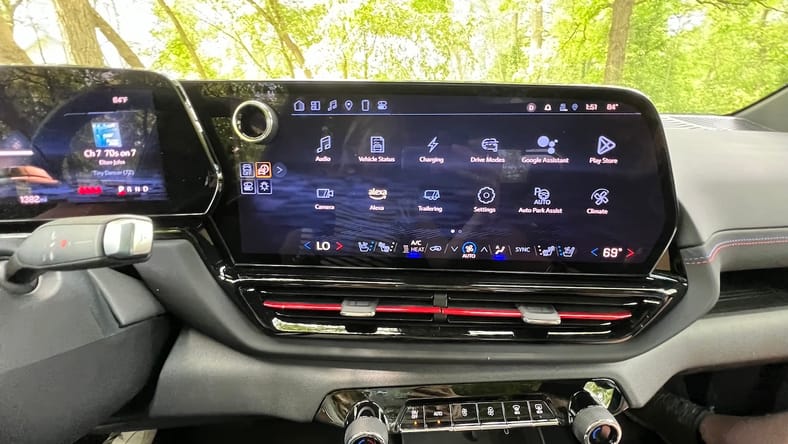
Privacy is hard to protect, and concerns should not be exclusive to your phone or computer; your car could be giving data about you to several different entities. Who wants your car tracking information, and what can you do to protect it?
General Motors and its subsidiary, OnStar, recently broke ties with LexisNexis and Verisk risk management companies after it was learned that new car owners inadvertently consented to sharing their driving data with those companies. Car buyers are suing GM and OnStar for misleading them to sign up for sharing their data and for other things. Some also allege their insurance rates increased because of the unknown monitoring after Verisk and LexisNexis sold those drivers’ data to insurance companies.
General Motors made money from selling that data, but they have since shut down the program, which is comforting. What isn’t so comforting is that nearly all cars with apps and connected services have the ability to track you and so may any others they permit to access this data.
Who is Doing the Car Tracking? It Starts With Car Makers
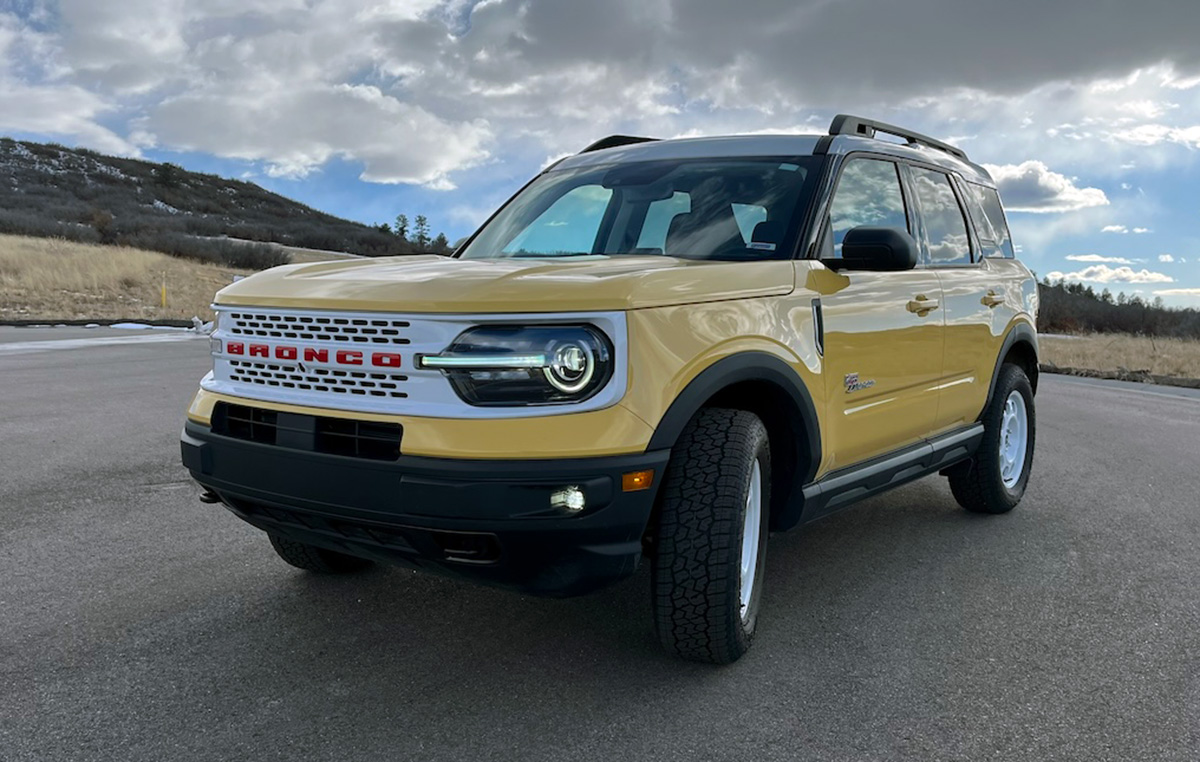
If you’ve recently purchased a car or plan on buying one in the future, be sure to check all your lease or purchase paperwork or the car’s app to ensure you haven’t approved of any data sharing. If using the manufacturer’s app, which will send you notifications about your car, allow you to start it remotely and more, you can turn off the data sharing there.
Be sure you explore all menus to ensure your privacy is protected. This may take some time and effort. You may also need to contact the manufacturer to disable some of these data-sharing settings.
Related: Yes, You Can Buy a Car at Costco. Here’s How to Get the Best Deal
You May Not Be Able to Use All Car Features if You Opt Out for Privacy

Also, be aware that opting out of sharing may make some features inaccessible, like navigation. It may be worthwhile to do some research about what data a car manufacturer shares before committing to a purchase.
Related: Can the Progressive Snapshot Driving Monitor Lower Your Car Insurance Rates?
Insurance Companies Would Also Like Your Data

Some people sign up for devices from insurance companies in the hopes that their rates will drop. Sometimes, this happens. Other times, the opposite occurs, and you wind up paying more than before.
Progressive says its Snapshot device collects information on “how you drive, how much you drive, and when you drive. If you’re using the mobile app, details about your handheld phone use behind the wheel will also be collected.” They also say that location data is collected but not shared and is used for underwriting purposes.
Other driving monitors are Nationwide SmartRide, Liberty Mutual RightTrack, Allstate Drivewise, and State Farm Drive Safe & Save. These programs have a variety of tracking methods and durations, so make sure to review the privacy allowances on these devices or the app if that’s what you’re using.
Apps Related to Your Car Want Your Data Too, Please
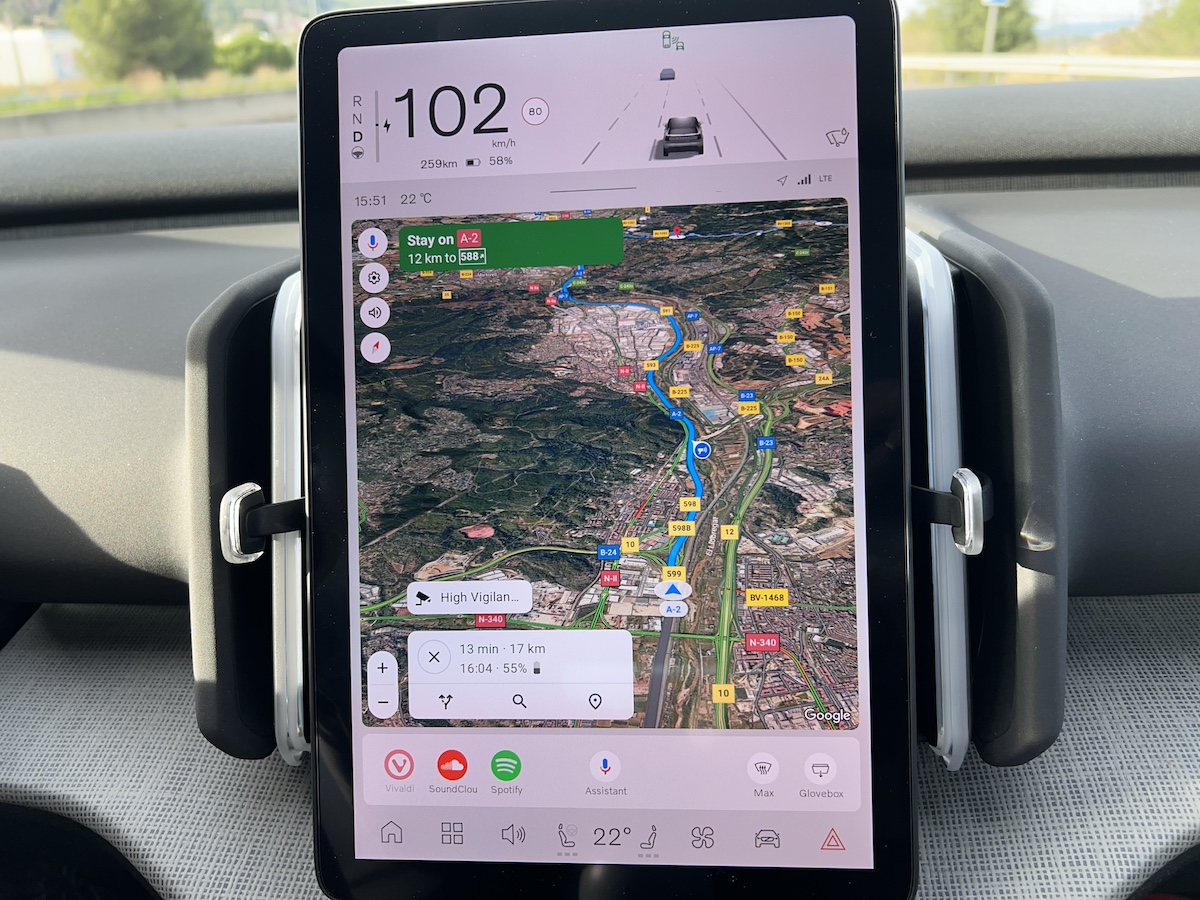
We’ve shared our opinion about GasBuddy, an app that finds the cheapest gas prices close to you, but it bears repeating that just because something saves you money doesn’t mean there is no cost. GasBuddy was found to be selling location data, and collecting (and potentially sharing) other types of information as well.
You can use Google to find cheap gas by searching for, you guessed it, “cheap gas near me” and getting accurate information. Or my favorite old-timey strategy works: text your friends to see what gas prices are like near them.
Pay Attention to Car Tracking Details
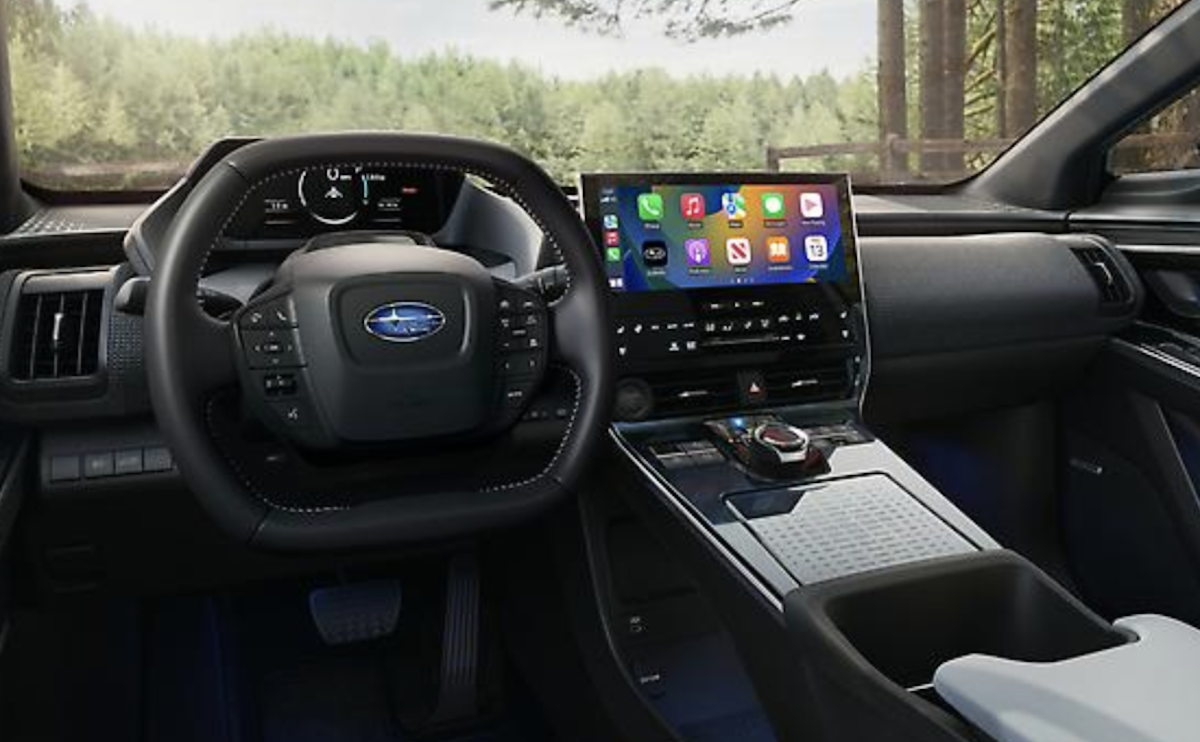
Basically, you’ll want to research the privacy policy of any app you use related to your car (parking apps, road trip planning, EV charging, and more). Even if your privacy is protected, the terms could change if the app company is sold. If you’re a privacy hound, you’ll want to stay updated on any app’s goings-on.
Lastly, Other People Might Want Your Driver Tracking Data
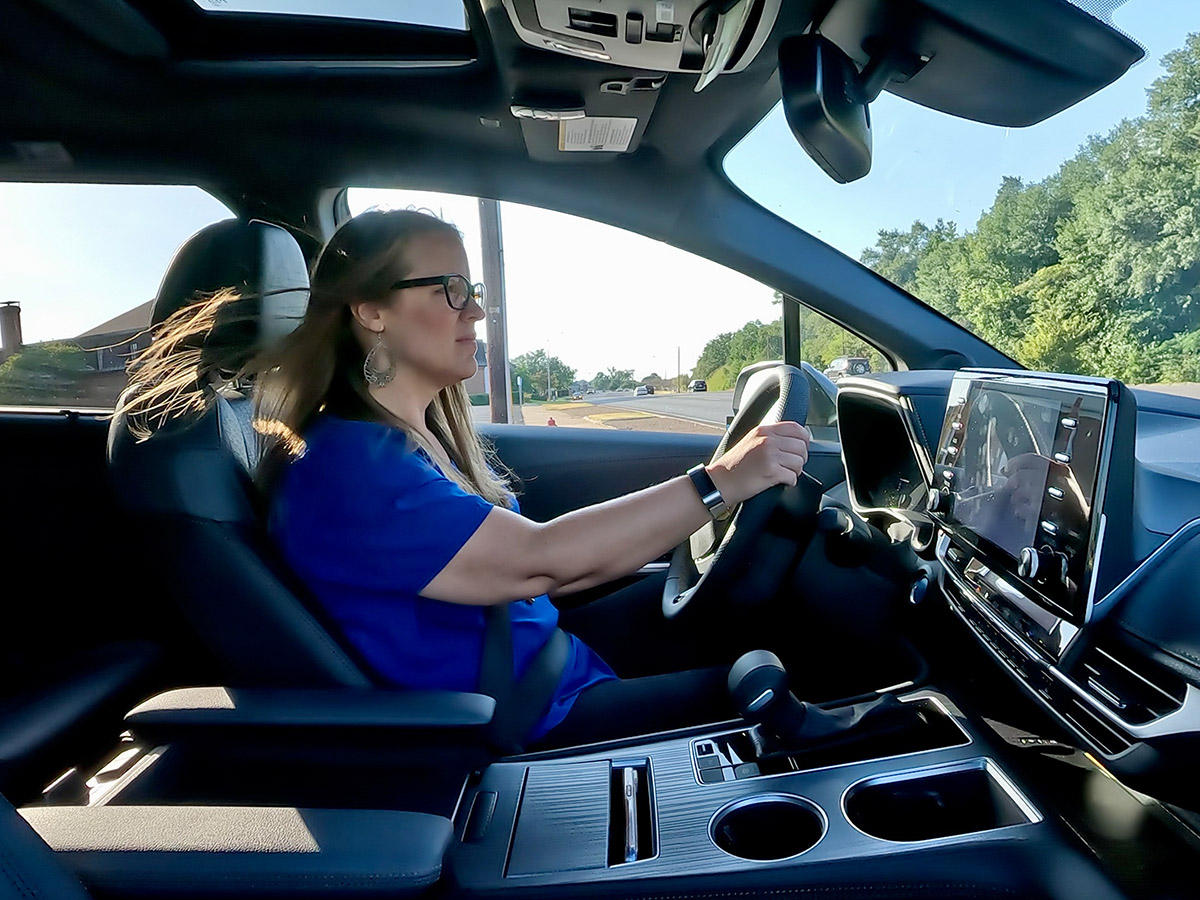
We wrote about this topic more than two years ago and it’s since been covered in the New York Times and other places. The reality that in a divorce or breakup, your ex may want to know where you are and what you’re doing. And if you haven’t turned off any data sharing in a shared car’s app, they may be able to track you.
If you are concerned this is happening, reset your app and change the password. If that doesn’t disable the tracking, more committed steps may need to be taken, such as having the tracking device removed or selling the car.
It’s Up to You To Protect Your Privacy

It’s frustrating to think about how many privacy policies you’ll have to read and the steps you’ll have to take to ensure your personal information doesn’t get sold without your consent.
Most of the time, we don’t really see the consequences of that information affecting us. But just because it doesn’t appear to adversely hurt you in the form of something like an increase in insurance rates, it doesn’t feel good to know that you don’t have a say in who knows things about you, your patterns of behavior and things that can be misconstrued, such as an off-road outing perceived as risky driving.
Some people feel the loss of privacy is not worth buying a brand-new vehicle. However, if you need to, being aware of the ability to say no to data sharing might make it sting a little less.
Have a thought or comment? Share it with us on social media! You can find us on Instagram, Facebook, Twitter and LinkedIn. And be sure to sign up for our email newsletter!
More About:Car Technology
